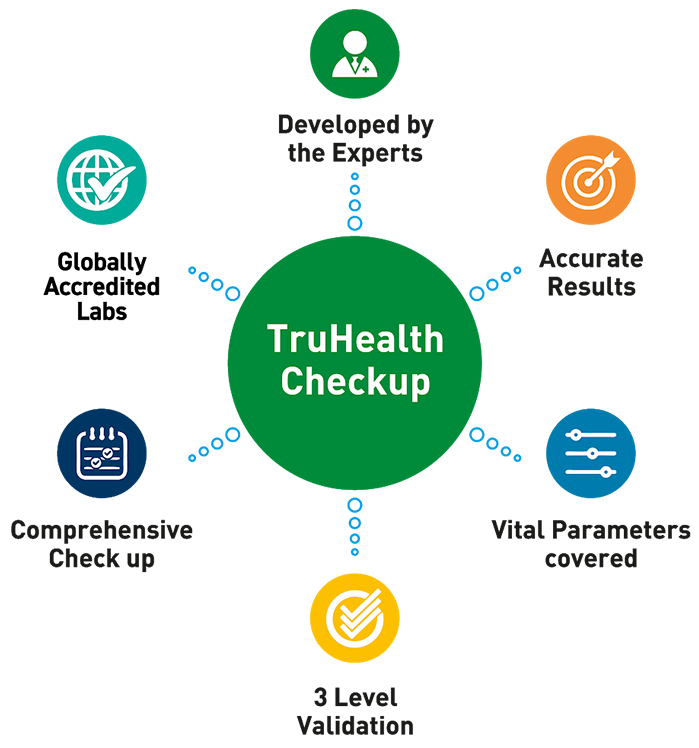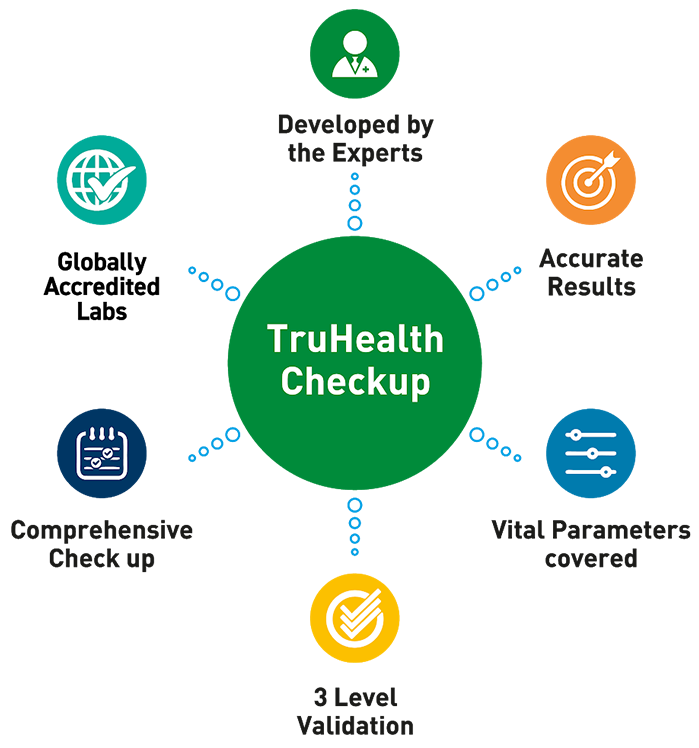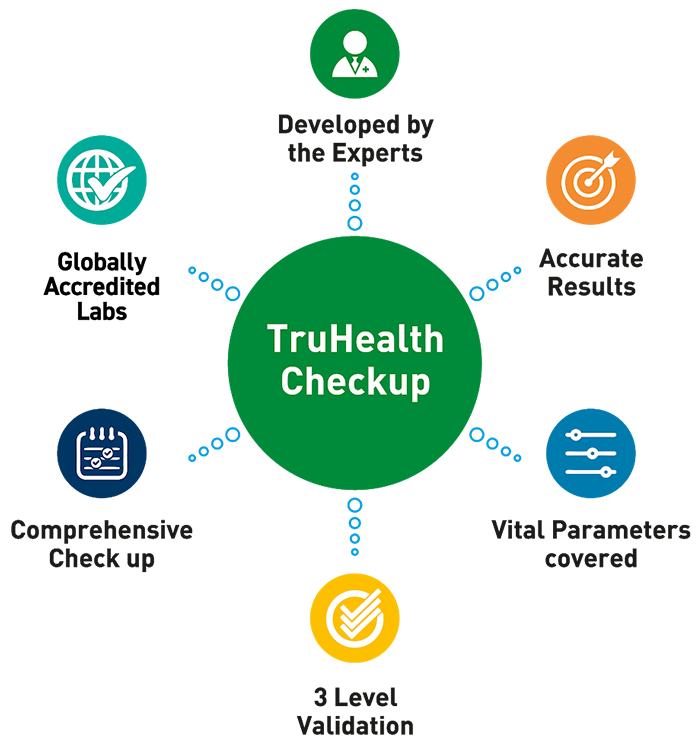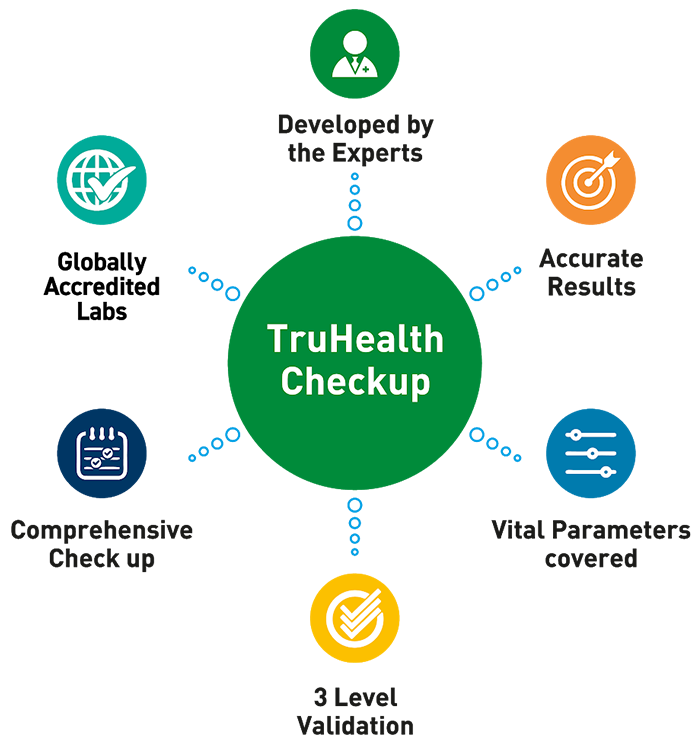Preventive Healthcare
Rheumatoid Factor Test For RA: Know its purpose

Table of Contents
- What is a rheumatoid factor (RF) test?
- What is it used for?
- Why do I need an RF test?
- Symptoms of rheumatoid arthritis
- What happens during an RF test?
- Will I need to do anything to prepare for the test?
- Are there any risks to the test?
- What do the results mean?
- Is there anything else I need to know about an RF test?
- Conclusion
What is a rheumatoid factor (RF) test?
Antibodies called rheumatoid factor (RF) are found in blood. The rheumatoid factor test procedure tries to determine the existence of this antibody. The quantity of the RF antibody in the blood is determined by an RA Factor blood test.
The immune system typically produces antibodies to assist in destroying and getting rid of invasive germs and viruses that can spread disease. The RF antibody, however, can bind to healthy bodily tissue and harm it.
Rheumatoid arthritis is one autoimmune condition that can result in a high amount of RF as well as several infections. A healthy person's RF level may occasionally be high. Patients suspected of having Sjogren's syndrome or rheumatoid arthritis should undergo the RA test.
Rheumatoid and inflammatory arthritis can be distinguished from other types of arthritis with an RA factor test. This test may also be required to determine any other inflammatory disorders. An RA factor test normal range means there are no signs of any autoimmune disease in your blood.
What is it used for?
The quantity of RF in the blood is determined through RF testing. An antibody titer test is one of the methods used to assess RF. These tests measure the ratio of a certain type of antibody to the total amount of blood and provide the results.
A normal titer is typically around 1:80, whereas anything greater (>1:80) indicates a successful test. The outcomes can differ from an RA Factor blood test to a lab.
Why do I need an RF test?
The rheumatoid factor test procedure detects whether or not you have it in your blood. Some healthy individuals have detectable RF. If you have other signs or symptoms of an autoimmune problem, a positive result may indicate an underlying health condition. A rheumatoid factor test can assist clinicians in diagnosing autoimmune illnesses and determining disease severity.
Diagnosis of autoimmune disorders: If you experience symptoms of RA, Sjögren's syndrome, or any autoimmune condition, this testing may be suitable. If you have pain and inflammation in several joints that aren't caused by another condition, your doctor might suggest a rheumatoid factor test.
Assessing the severity of the disease: An RA factor test can also advise on the seriousness of RA. A more aggressive form of RA that involves joint erosion, the growth of rheumatoid nodules, and damaging inflammation of the blood vessels is more likely to develop if your RF levels are higher.
Symptoms of rheumatoid arthritis
Rheumatoid arthritis causes pain and stiffness in at least three joints. Rheumatoid arthritis patients may experience these symptoms in a variety of ways, which can include:
· Pain and Swelling of the Joints of the Limbs
· Stiffness in your joints for more than 30 minutes after waking up
· Body aches, such as in flu.
Rheumatoid arthritis does not affect everyone who has these symptoms. Patients frequently have diverse experiences. Some patients experience flare-ups for months or years of joint pain or soreness. Other people may experience symptoms that gradually worsen over time.
What happens during an RF test?
The rheumatoid factor test procedure is quite straightforward. A simple blood test that is frequently used to aid in the diagnosis of rheumatoid arthritis (RA). The test determines the level of RF in your blood.
A lab technician will use a sterilized needle to draw blood from your arm. The blood will then be extracted in small amounts into a test tube or vial. The rheumatoid factor test takes less than 5 minutes, and you may feel a minor pain as the needle goes in or out.
Will I need to do anything to prepare for the test?
The amount of preparation required for an RA test is determined by what other tests you may be taking at the same time. Your healthcare practitioner will go over the tests you'll be undergoing, as well as any directions you'll need to follow for them.
There are no limits on food, drink, or medication for the RF test. If you are also undergoing other blood tests (such as cholesterol or glucose levels), you may need to fast before the rheumatoid factor test. Your healthcare practitioner will provide you with precise instructions.
As the technician will need to access your arm during an RA factor test, you should wear a short-sleeved shirt or one with easily pushed-up sleeves.
Are there any risks to the test?
There are no risks or side effects to the RA test. As for rheumatoid factor test symptoms, you might get some soreness, swelling, and bruising near the area from where the blood was drawn, but this should subside within a few days.
Inform your healthcare practitioner if it does not go away or worsens. In the meantime, cold packs and pain relievers can be used as needed to alleviate the discomfort.
What do the results mean?
When an RA test is performed, the results are either affirmative or negative. To reflect the level of RF identified in the blood, a numerical or titer value may be reported. Negative results may also be referred to as RA factor test normal range, whereas positive results may be referred to as abnormal.
The reference ranges for this test differ depending on the laboratory and the type of RA factor test used in the analysis. It is critical to use the reference ranges offered by each laboratory.
The findings of an RF test should be read with care because they are rarely utilized alone. Although a negative test result indicates that there was little to no RF in the blood, it does not always rule out the possibility of an underlying medical condition. A negative rheumatoid factor test result is possible in up to 20% of RA patients, and results might fluctuate over time.
Even though a positive RA factor test does not suffice to diagnose an illness on its own, it may signal one that is underlying. In the blood of about 4% of healthy individuals, RF has been found. Positive outcomes could potentially be attributed to underlying autoimmune diseases, specific infections, or specific cancers.
Although high levels by themselves cannot identify any illness, studies indicate that the chance of having an autoimmune disorder increases with blood RF levels.
Doctors frequently combine an RA test with a physical examination, imaging studies, and laboratory tests like antinuclear antibody (ANA) testing, CCP antibody testing, and synovial fluid analysis to determine the source of your symptoms.
Up to 30% of RA patients may not have RF abnormalities but frequently have antiCCP abnormalities, which might occur before overt RA symptoms. Patients who test positive for rheumatoid factor may also have a higher disease score, which means more flare-ups and shorter remission periods.
If RF is present and symptoms are identified early, therapy should not be pushed back, as this can avoid further advancement of joint injury, swelling, and pain.
Is there anything else I need to know about an RF test?
So, what is a high level of rheumatoid factor? A high level means it is above the RA factor test normal range, generally above 14 IU/mL. Elevated RA levels are frequently linked to autoimmune disorders such as rheumatoid arthritis or other rheumatic diseases.
However, additional medical testing is required to determine the particular consequences and underlying reason for elevated RF levels in a given individual's instance. An RA test negative result is generally considered positive, indicating a lower risk of developing RA. However, RA can still exist in the presence of negative RF findings.
An RA factor test is not a confirming test because many healthy people can test positive. Furthermore, various situations may produce positive titers for this RA factor test. The procedure must be followed precisely.
Reading for agglutination after a certain amount of time has passed may result in misleading readings. Contamination of agents, samples, or handling equipment causes incorrect results.
Conclusion
So, now you know what is an RA factor test. Your doctor may perform the RA test and anti-CCP tests once more if you are subsequently found to have seronegative RA because some people eventually have increased levels and turn seropositive.
Your doctor might also request the sed rate, CRP test, CBC, and ANA tests if your first tests were negative and you haven't already had those. Abnormal results of an RA factor test may also support the RA diagnosis.
If you are looking for a great lab to get your samples tested, consider Metropolis Lab. They are situated in different cities in India and are known for their accuracy. Book your appointment now in a diagnostic center both online and offline.





















